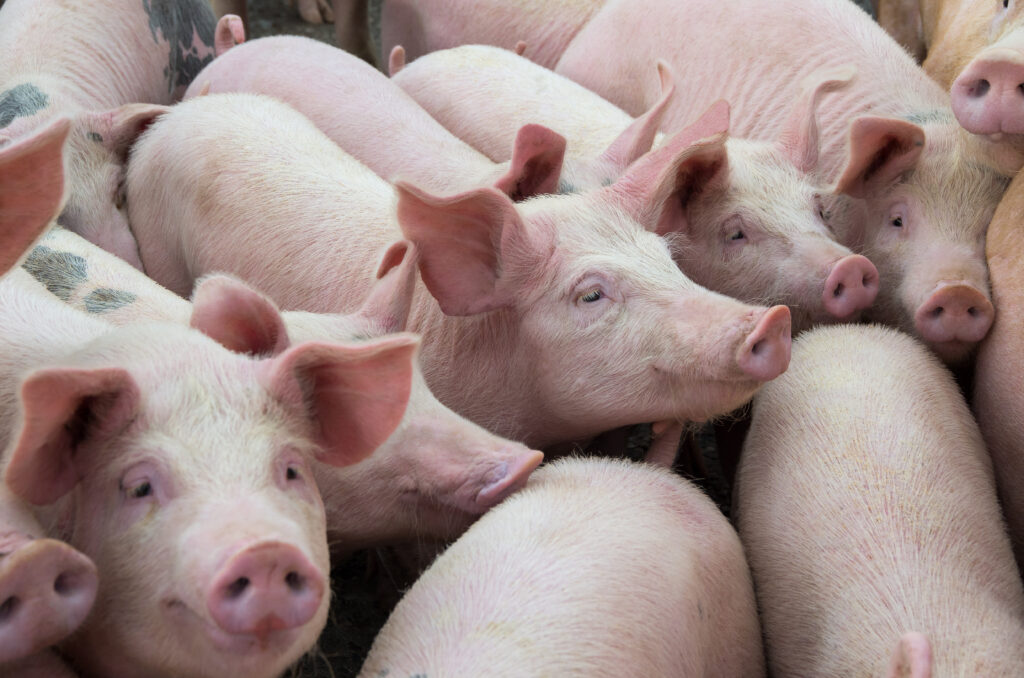Danish Crown has announced it is to increase its use of immunocastration to address the problem of boar taint in male pigs.
The company is planning to increase production of male pigs from 450,000 to 1.7m, and is now changing tack to do so by switching from the production entire male pigs to immunocastrated pigs. This involves using a double vaccination with Improvac, with the second dose about four weeks before slaughter, the Agricultural Newspaper in Denmark reports.
Jens Hansen, Danish Crown’s head of press relations said the company believed the risk of negative consumer reactions to meat with boar taint was ‘far greater for male pigs than for immunocastrated pigs’.
“t now makes the slaughterhouse change tack and switch from the production of male pigs to the production of immunocastrated pigs. Of course, we will continue to test the meat for abnormal odours but expect that less meat will fall below the limit value,” said.
Laura Hancox, national veterinary manager at Zoetis, which sells Improvac, welcomed the global pork company’s move.
“Despite the general move across Europe being a reduction in castration and an increased use of Improvac, Denmark has been quite staunchly traditional in continuing with surgical castration,” she said
“However, after pressure from its export markets, a major one being the UK, Danish Crown started a project rearing 1.5 million entire boars instead of castrates; unfortunately, this move did not go smoothly as there was a poorer ROI on the entire boars due to a lower carcass value and fear of boar-taint with a negative consumer reaction.
“As an alternative Danish Crown did another trial using Immunocastration, and it was so successful they are increasing their non-castrated production to 1.7 million boars with the use of Improvac.
“This is a really positive move in terms of welfare and sustainability, as these Improvac boars will not undergo the mutilation of castration, will be more feed efficient, producing less CO2 and using less water in their production. It’s these amazing benefits which have made Improvac so successful, with nearly 600 million doses sold globally to date.”




